When buying or selling a home, a home inspection is one of the most critical steps in the process. A home inspection is a professional evaluation of a property’s condition, carried out by a certified home inspector. This detailed assessment provides valuable insights into the structure, systems, and overall state of the home, helping both buyers and sellers make informed decisions. But what exactly does a home inspection involve, and why is it so important? This article will explore the fundamentals of a home inspection, its components, and its significance for all parties involved in a real estate transaction. Let’s go over what is a home inspection.
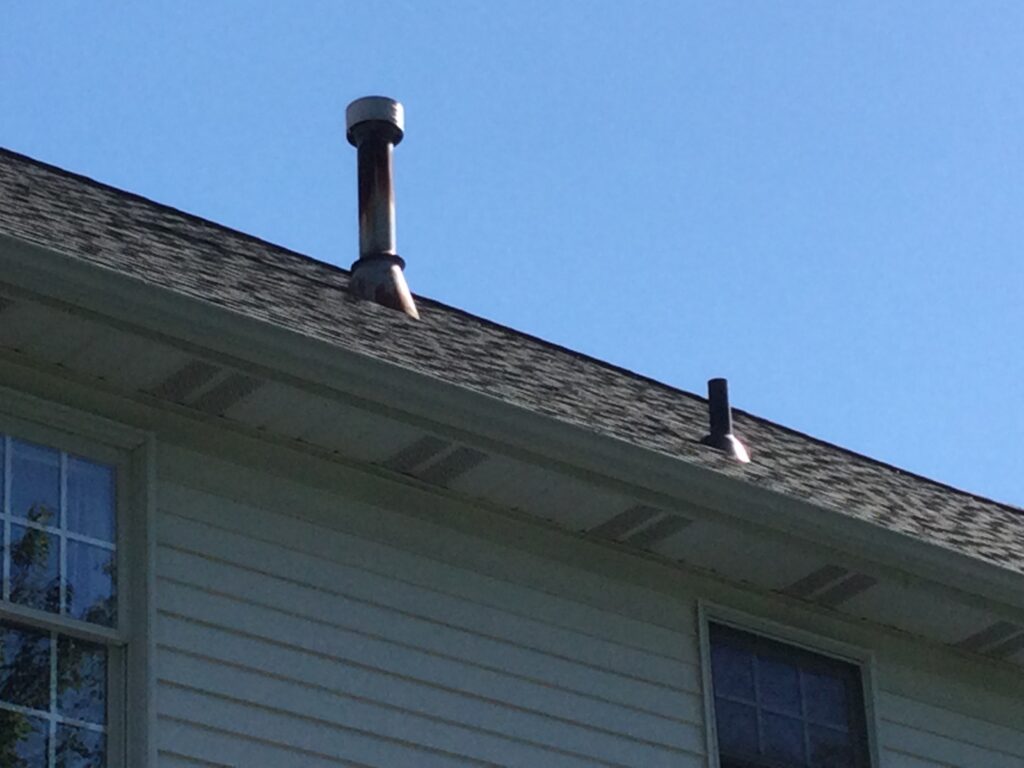
Understanding the Purpose of a Home Inspection
A home inspection is designed to identify potential issues with a property before the transaction is finalized. For buyers, this process ensures they understand the home’s condition and can anticipate future repairs or maintenance costs. For sellers, an inspection can uncover issues they may want to address before listing the property, thereby avoiding surprises during negotiations.
The purpose of a home inspection is not to assign a value to the home or provide a pass/fail result. Instead, it gives a detailed report on the property’s current state, allowing buyers and sellers to make well-informed decisions based on accurate information.
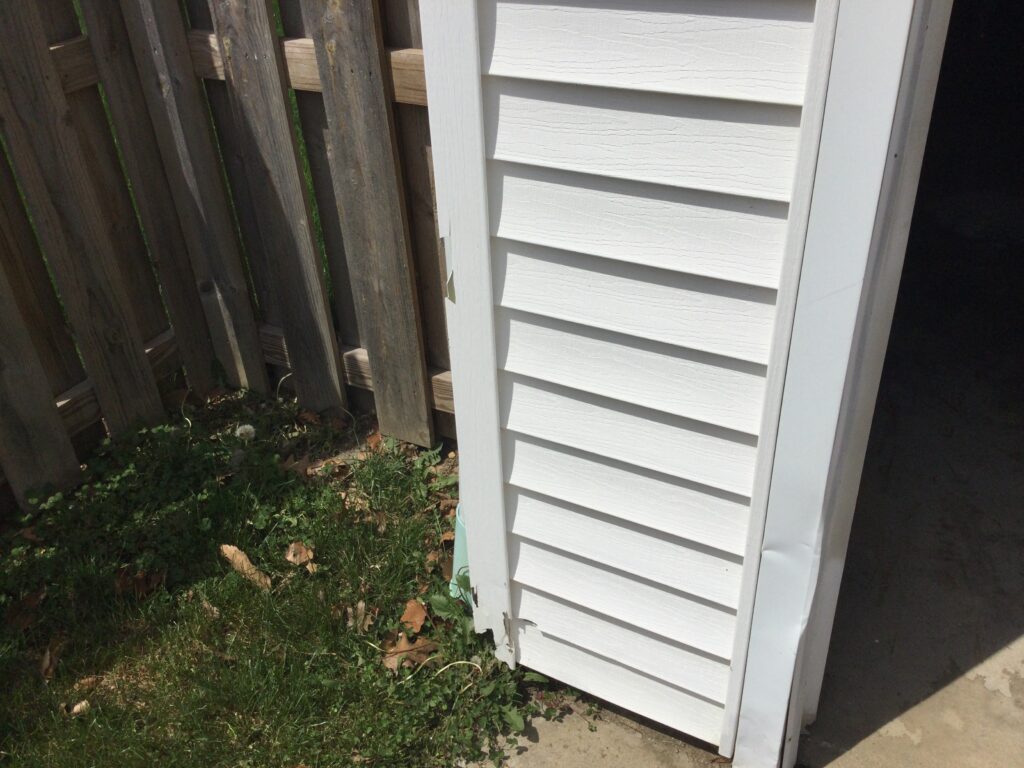
Who Conducts a Home Inspection?
Home inspections are carried out by licensed and certified professionals known as home inspectors. These inspectors have specialized training to evaluate various aspects of a property, including structural integrity, electrical systems, plumbing, roofing, and more. Reputable inspectors are often members of professional organizations such as the American Society of Home Inspectors (ASHI) or the International Association of Certified Home Inspectors (InterNACHI).
Choosing a qualified inspector is crucial. Buyers and sellers should research inspectors in their area, read reviews, and verify credentials to ensure they hire a professional who adheres to industry standards.

What Does a Home Inspection Cover?
A comprehensive home inspection evaluates numerous aspects of a property. While the specific items inspected may vary slightly, depending on the home and its features, the following areas are typically included:
- Structural Components: The inspector examines the foundation, walls, ceilings, floors, and roof for any signs of damage or deterioration.
- Roofing: This includes an evaluation of the roof’s materials, age, and condition, as well as the gutters and drainage systems.
- Electrical Systems: Inspectors check the electrical panel, outlets, wiring, and fixtures to ensure they meet safety standards.
- Plumbing Systems: This includes an assessment of pipes, drains, water heaters, and fixtures for leaks or other issues.
- HVAC Systems: Heating, ventilation, and air conditioning systems are evaluated for functionality and efficiency.
- Appliances: Built-in appliances, such as ovens, dishwashers, and refrigerators, are tested for proper operation.
- Interior and Exterior: Doors, windows, insulation, siding, and other interior and exterior elements are inspected.
Inspectors also look for signs of water damage, pest infestations, mold, or any other conditions that could affect the property’s safety or value.
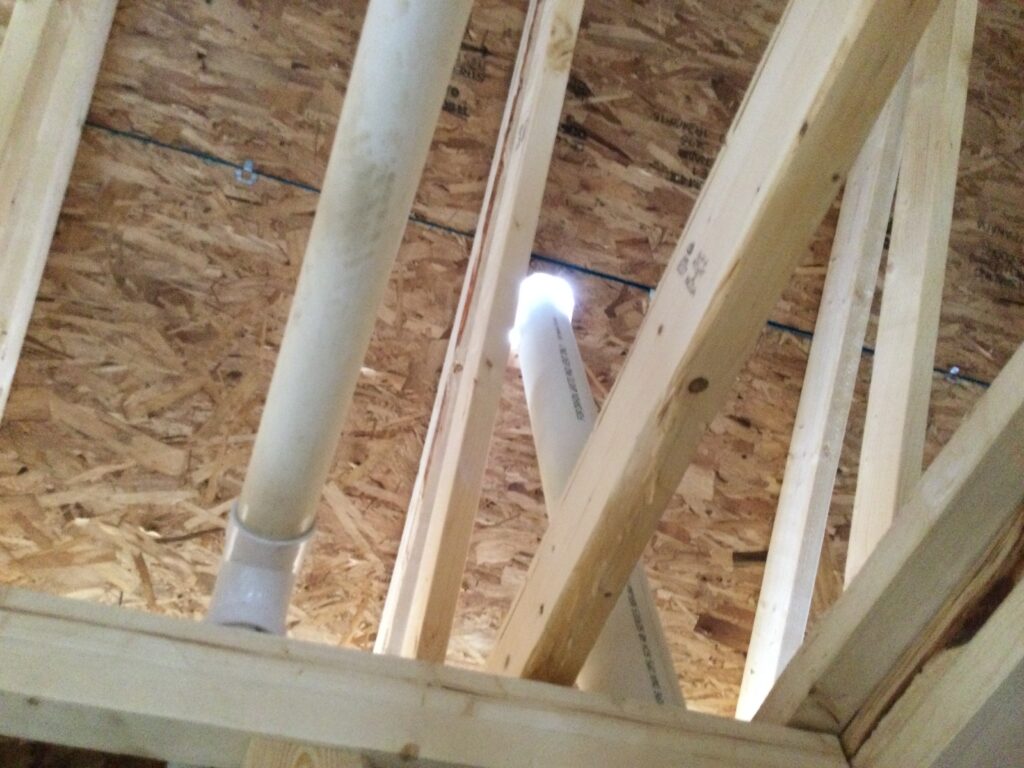
What Is Not Covered in a Home Inspection?
While home inspections are thorough, they do have limitations. Certain aspects of the property may not be included in a standard inspection, such as:
- Swimming pools and hot tubs
- Septic systems
- Wells
- Chimneys and fireplaces
- Environmental hazards, such as asbestos or radon
These items typically require specialized inspections or testing, which can be arranged separately. Buyers should communicate with their inspector if they have specific concerns about any of these areas.
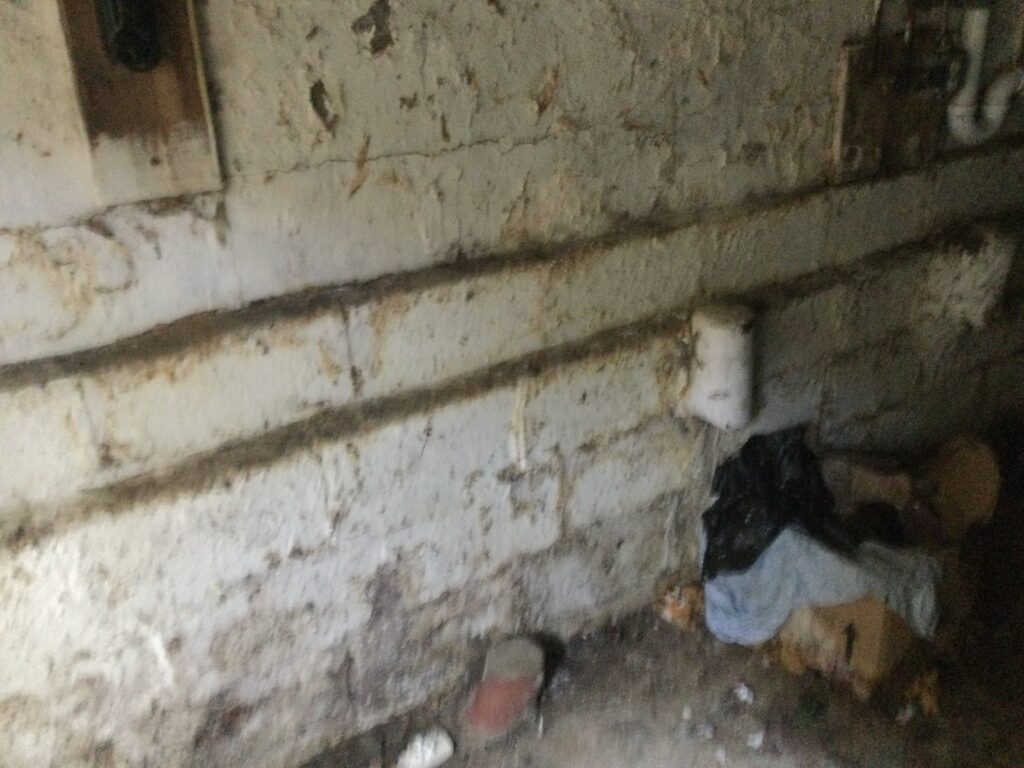
The Process of a Home Inspection
A home inspection typically takes two to four hours to complete, depending on the size and complexity of the property. During this time, the inspector examines the home and documents their findings. Buyers are encouraged to attend the inspection, as this provides an opportunity to ask questions and gain a better understanding of the home’s condition.
After the inspection, the inspector provides a detailed report outlining their findings. This report includes descriptions of any issues, photographs, and recommendations for repairs or further evaluation.
Why Is a Home Inspection Important for Buyers?
For buyers, a home inspection is a critical tool for making an informed purchasing decision. It provides a clear picture of the home’s condition, allowing buyers to identify potential problems before closing. This knowledge can help buyers:
- Negotiate repairs or price adjustments with the seller.
- Plan for future maintenance or upgrades.
- Avoid purchasing a home with hidden issues that could lead to costly repairs.
Ultimately, a home inspection offers peace of mind, ensuring buyers know exactly what they are investing in.
Why Is a Home Inspection Important for Sellers?
While buyers typically initiate home inspections, sellers can also benefit from having their property inspected before listing it on the market. A pre-listing inspection helps sellers:
- Identify and address issues before buyers discover them.
- Price the home more accurately.
- Build trust with potential buyers by being transparent about the home’s condition.
By addressing problems upfront, sellers can reduce the likelihood of delays or renegotiations during the sale process.
How Much Does a Home Inspection Cost?
The cost of a home inspection varies based on factors such as location, the size of the home, and the inspector’s experience. On average, buyers can expect to pay between $300 and $500 for a standard inspection. Additional fees may apply for specialized inspections or testing.
While this expense may seem significant, it is a worthwhile investment that can save buyers thousands of dollars in unexpected repair costs. Sellers who opt for a pre-listing inspection can also benefit by avoiding costly negotiations or repairs after a buyer’s inspection.
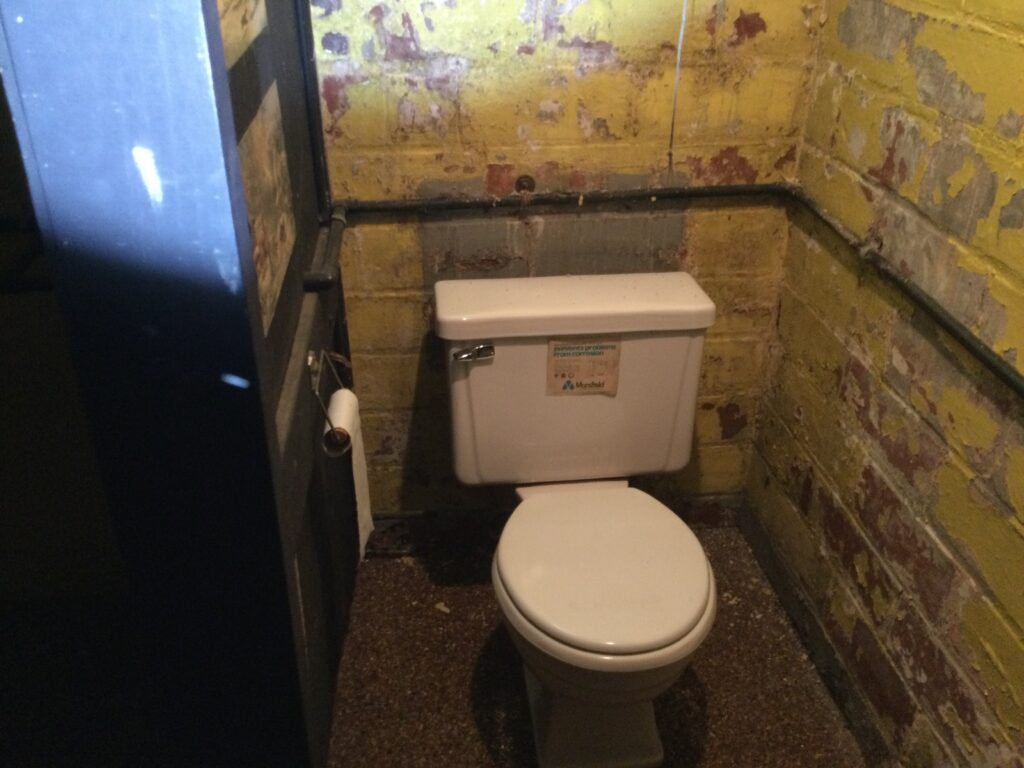
Can a Home Fail an Inspection?
It’s important to note that a home cannot “fail” a home inspection. The purpose of the inspection is to identify and report on the condition of the property, not to pass judgment. The findings simply provide information that buyers and sellers can use to make informed decisions.
If significant issues are uncovered, buyers have options. They can request repairs, negotiate a lower price, or, in some cases, walk away from the deal. Sellers can choose to address issues or offer concessions to keep the sale moving forward.
Tips for a Successful Home Inspection
To ensure a smooth and productive home inspection, buyers and sellers should take the following steps:
- Buyers: Attend the inspection, ask questions, and review the report carefully.
- Sellers: Prepare the home by cleaning and ensuring all systems are accessible. Address any known issues before the inspection.
By approaching the process with transparency and collaboration, both parties can benefit from the inspection’s findings.

The Value of a Home Inspection
A home inspection is an invaluable step in the home-buying or selling process. It provides clarity, builds trust, and helps avoid surprises that could derail a transaction. While the process requires time and money, the benefits far outweigh the costs.
For buyers, the inspection ensures they are making a sound investment. For sellers, it helps present the property in its best light and facilitates a smoother sale. In either case, a thorough and professional home inspection is a crucial part of any real estate transaction.

Conclusion
A home inspection is more than just a routine procedure—it’s a vital safeguard for both buyers and sellers. By understanding what a home inspection entails, its importance, and how to navigate the process, individuals can approach their real estate transactions with confidence and clarity. Whether you’re buying or selling, partnering with a qualified home inspector company like Icon Home Inspectors ensures you have the information you need to make informed decisions and achieve a successful outcome.